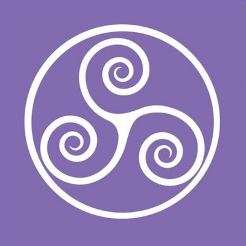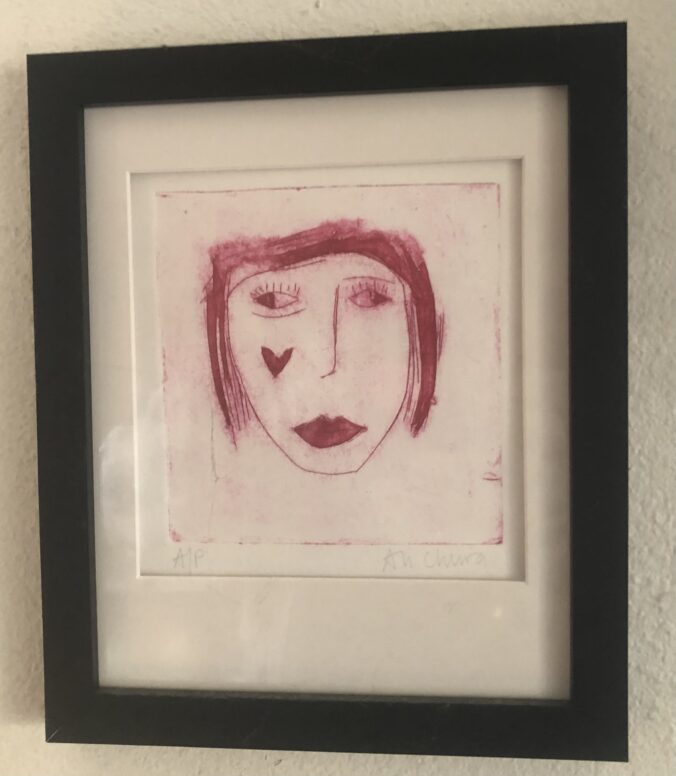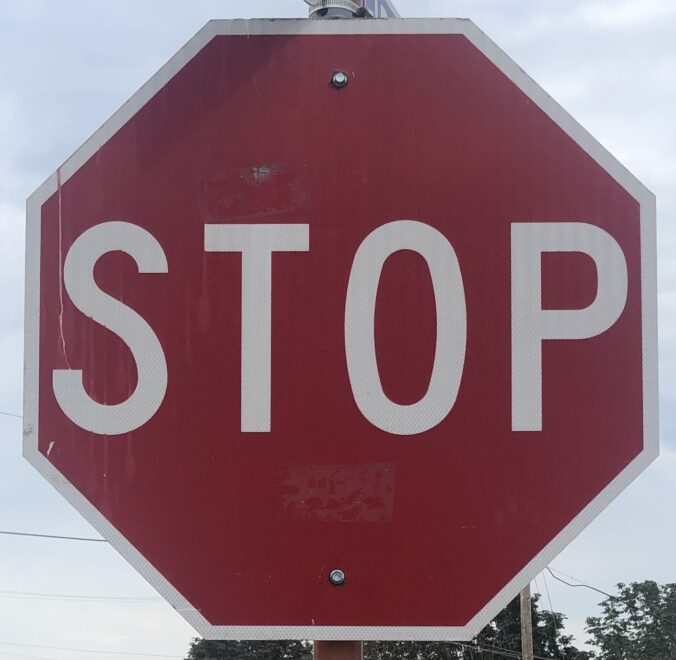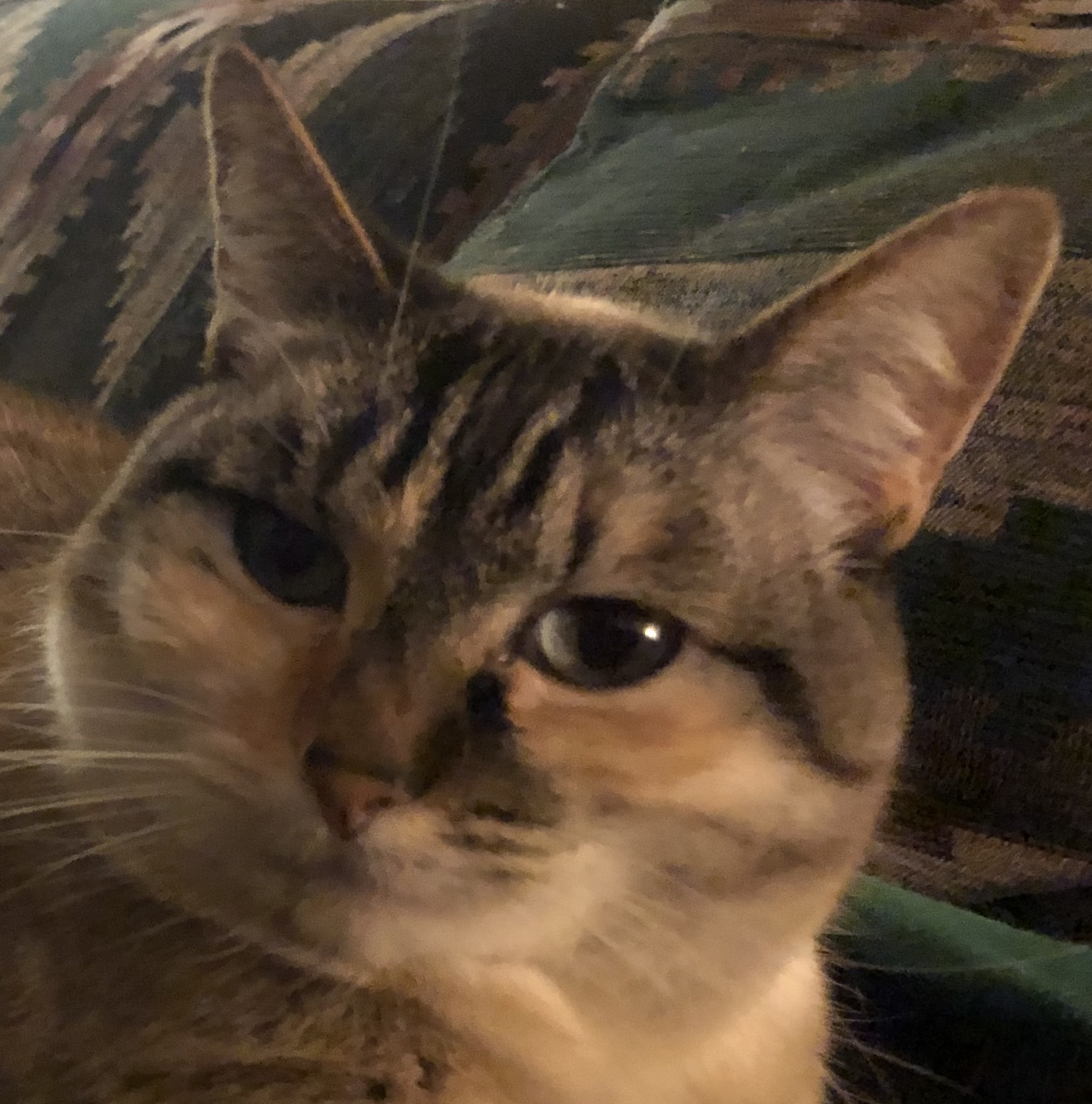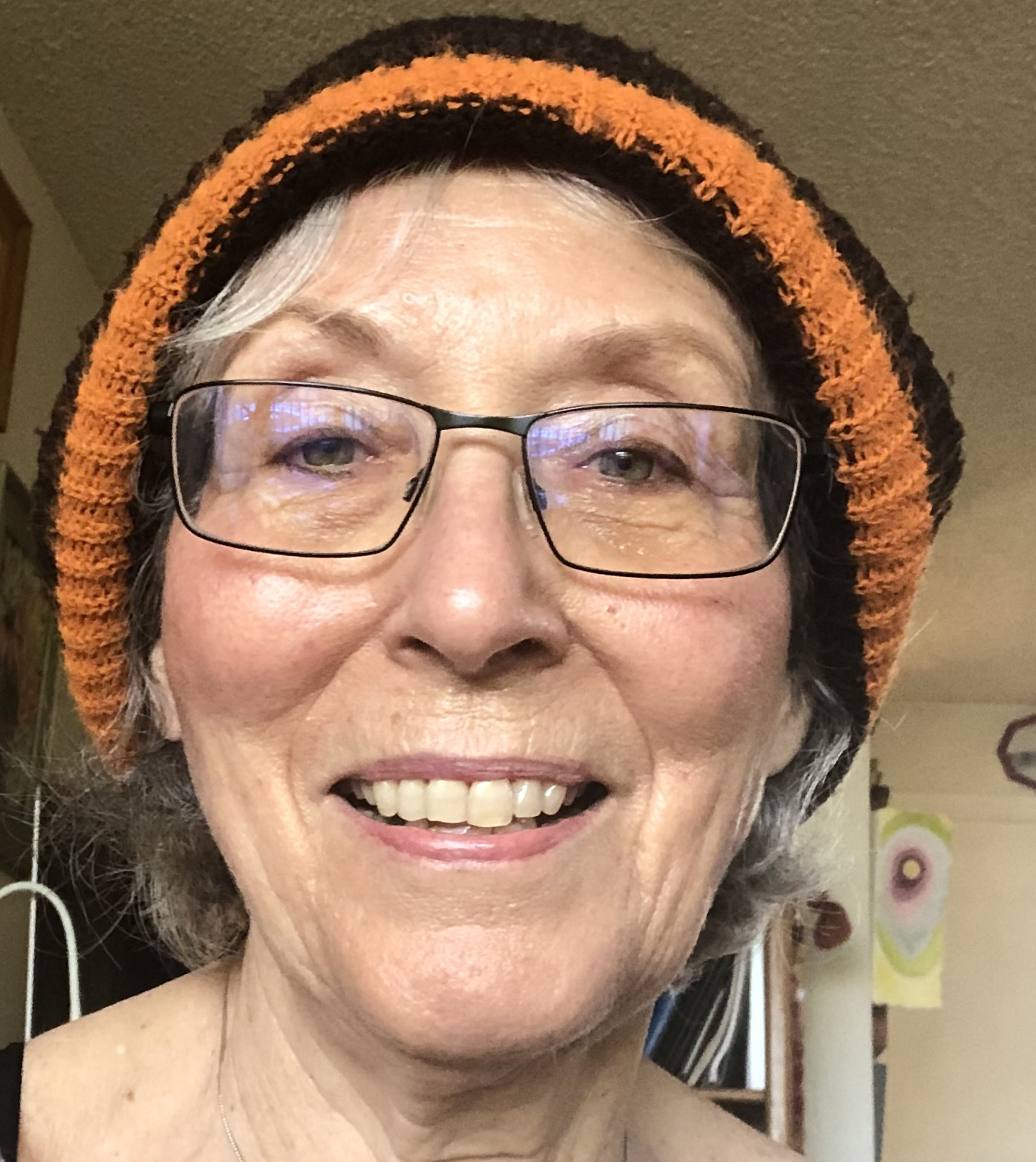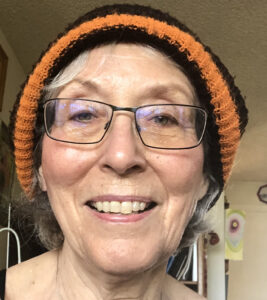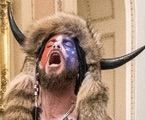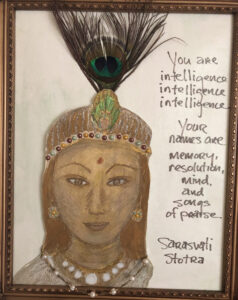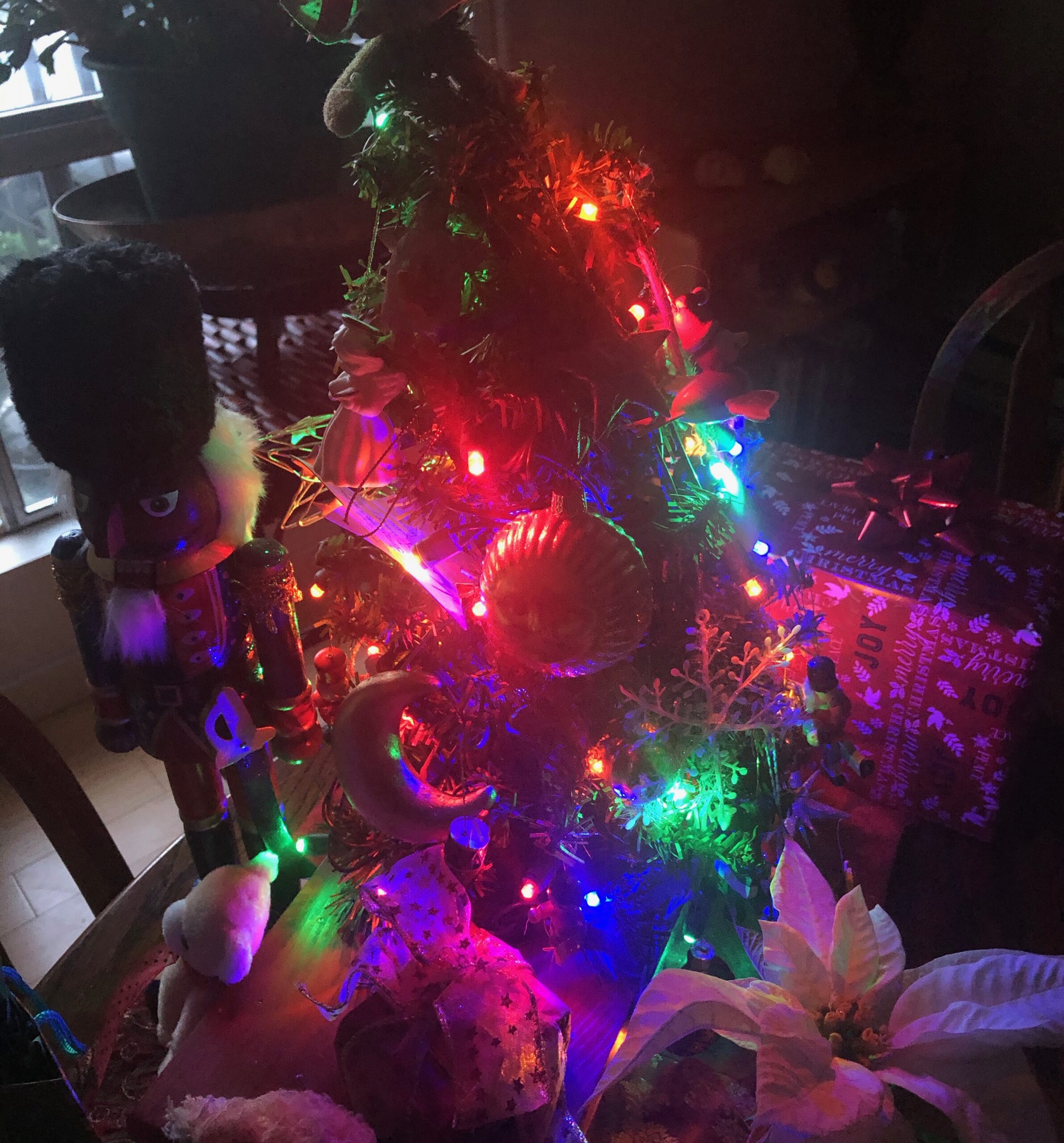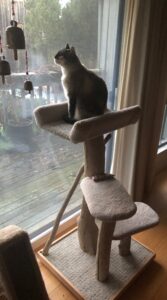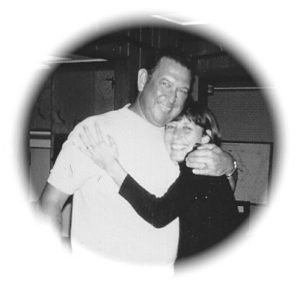Lately, I’ve been thinking about what it means to create a home for myself. This is something I have done, on my own and from scratch, ten times in my adult life. I’m not talking about simply moving, as I did from California to Oklahoma at age ten with my parents and younger brother. This did present difficulties, but creating a home was my mother’s bailiwick, not mine. Nor am I talking about going off to a state college at seventeen or transferring to a school in Chicago two years later. In both of these instances, I was entering new cultures, but I did so with hordes of other young people. I wasn’t alone in my adventure; we were all in it together.
At twenty-one, however, when I traveled to Honolulu to be in my college roommate’s wedding, I actually was on my own. The wedding covered a few days, but then Barb went off on her honeymoon, her family returned to California, and I was in Hawaii by myself—learning my first big lesson about security and self-care:
- Make sure you have sufficient resources to survive.
When I flew to Hawaii on a one-way ticket, I had only a hundred dollars in my pocket. Barb had told me I’d have no trouble getting a bread-and-butter job as a cocktail waitress in Waikiki, but two days after I arrived, an airline strike started. By the time I was looking for work, the tourist places were laying off staff; they were not hiring. It was a little scary. For a while I was eating Carnation Instant Breakfast powder because it was cheap and living in a room I’d rented for twenty-five dollars a week in the Waikiki Jungle—a slum that existed beside the hotels. This was a spectacularly unsatisfactory “home,” and my first night there, I discovered I wasn’t even living in it alone. The minute the lights went off, the room came alive with hundreds of cockroaches—and in Hawaii they’re flying cockroaches. Hawaii itself is magnificent, but my first place of residence there left a lot to be desired.
Immediately, I put my energy into finding work. After an eye-opening stint as a cocktail waitress in Kalihi—which is Honolulu’s factory district and, thus, not reliant on tourists—I landed a job as a reporter on the largest of the two local newspapers. It was a relief, but, truthfully, I don’t feel I began putting together a real home for a couple of years. That’s when I married. The marriage didn’t last, but it was good for me. While I was with Ed, I learned how to cook and came to understand my second big lesson for home and nurturance:
- Home is where you feed yourself and the people you love.
For some reason, my mother had never taught me how to prepare food. One of Ed’s friends gave us Julia Child’s The Art of French Cooking as a wedding present. I would get home from my job at the paper, prop up the book on the kitchen counter, and endeavor to make something, taking my lessons from a real chef. I started drawing up weekly menus with colored pens and posting them on the refrigerator. I thought of it as homey.
I sometimes say that I was married for five of the happiest years of my life, and then I have to add that, unfortunately, the marriage lasted for seven years. Basically, the last year and a half Ed stopped speaking to me. There were reasons, of course. I understood this, even at the time. It wasn’t my fault, but my husband was in pain, and I was right there as the person he could close himself off from. This served, for me, as a vital lesson about what a home is not. Now people ask me how I can be happy living alone. So easily! What’s impossible, I found, is to be happy while living with someone who doesn’t want to live with me. Leaving my husband was a way to care for myself, and I learned something about home from it, too:
- Don’t allow your sense of home to depend on another person.
So, I left our home and went off on a great adventure. I traveled on the staff of an Indian master of meditation, starting my life all over again. For the first year, I was living out of a suitcase—three weeks here, a month there. Finally, I realized that even though meditation is amazing, even though I spent at least some time every day in a state of unconditional love, I was not truly happy. It came to me one day with the force of revelation that if I was going to live out of a suitcase, I had to make that suitcase beautiful. It was an understanding of what I needed to feel at home.
- You have to make your home beautiful—as beautiful as you can.
I started working on that, consciously, and within a month, the swami’s tour came to stop for a year, in an ashram on the West Coast. Then, instead of having just a suitcase to work with, I had a whole bottom bunk. And, understanding that beauty is a need of mine, I did make it beautiful.
I spent years in ashrams, but I also moved between ashrams in different countries and sometimes from an ashram into a community that was new to me. Each of these times, I was entering a new space and creating a home for myself.
When I was living in Washington, DC, for instance, I shared an apartment with the daughter of the congressman I was working for. She was a government lawyer and a sweet young woman, but she was completely utilitarian about our living space. She had a huge running machine set up in the middle of the living room. I couldn’t do anything to make that room beautiful, so I focused all of my energy on fixing up my bedroom and let it go at that.
The following year, I was in Knoxville, Tennessee, and I was working again for a newspaper. I had moved to Knoxville knowing no one, simply for the sake of the job. My first evening in my new furnished apartment was bleak. What I’d hoped for was an A-frame in the woods. What I’d found was a shotgun apartment behind a pizza place on Chapman Highway. (A shotgun apartment, by the way, is a small, rectangular residence where the rooms connect with no hallways. The idea is that if a gun were fired at one end, the bullet would pass through every room before going out the other side.) That first day after I’d made the bed with my new sheets, put the towels into the bathroom, and unpacked my clothes and the bargain dishes given me by my brother, I opened some sparkling water to drink with dinner, thinking this might make the meal special. It was pathetic. It all felt so flat. That was when I figured out another of my truths about home-building:
- For a place to feel like home, you have to live in it for a while.
Before long, I adopted two cats… I put some art on the walls… I had friends over to dinner…I watched Miami Vice (that year’s cutting-edge TV)… I set up a little puja, an altar, in the bedroom… and there I had a life-changing meditation that I will remember forever. And, yes, by living in that space, over time and in my own way, I made that shotgun apartment my home.
I find that my daily rituals of living matter enormously, and that holiday rituals matter too—birthdays, Thanksgiving, Christmas, Valentine’s Day. I especially love the winter holidays. This year, I put up my tiny artificial Christmas tree the day after Halloween. Why wait! It’s all so festive: the lights, the ornaments, the wrapped presents. All of this holds such a lovely sense of celebration. And this is my final understanding to share on this topic:
- Home is where you celebrate your life.
I have come to realize that this challenge of creating a home is vital for me. Astrologically speaking, my north node is pointing toward Cancer, a water sign associated with nurturance, compassion, security, and home. In Latin the word cancer means “crab,” a creature who carries her home on her back. In my chart, Cancer appears in my first house, the house of self, and sitting squarely on top of Cancer is Saturn, a planet known as the taskmaster, the disciplinarian. Whatever is indicated by Saturn is something you absolutely must do—and is also something that’s not easy for you. So, my life direction requires steps that are particularly difficult for me to take.
On reflection, I can see that I have come some distance in this endeavor. I’ve been living in the same one-bedroom apartment in Langley, Washington, for more than dozen years now. I don’t even like the idea of travel anymore. Stay in a hotel? Why would I want to do that! It’s not home!

